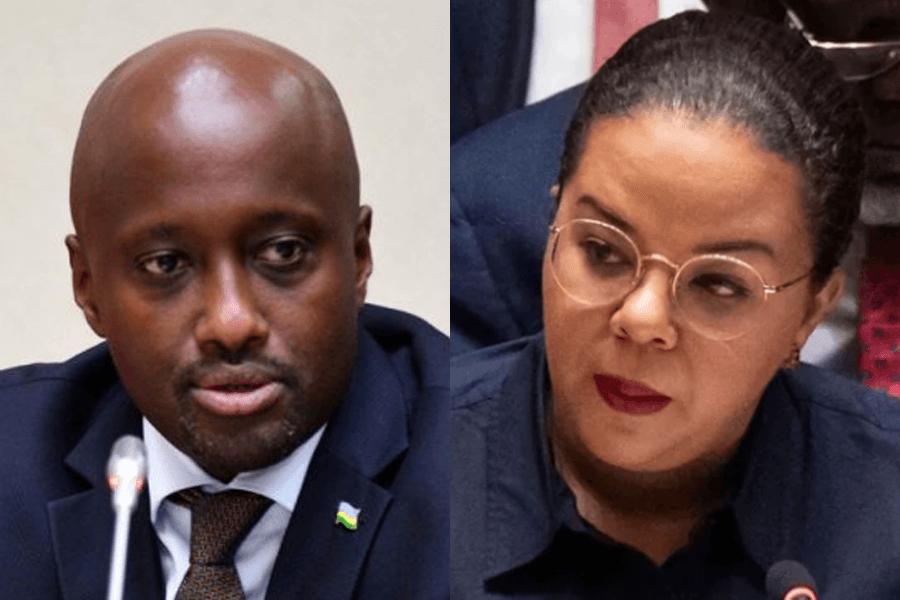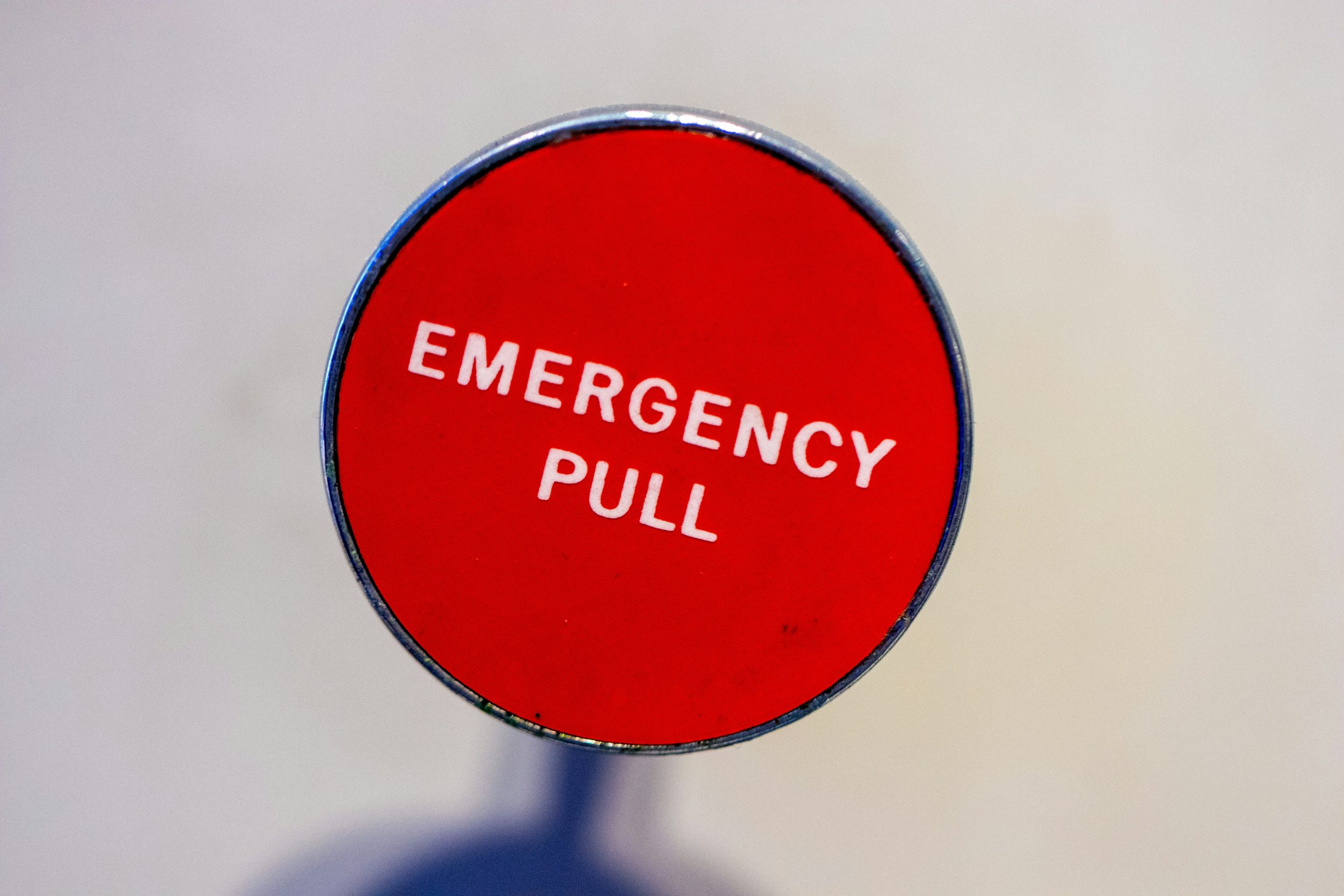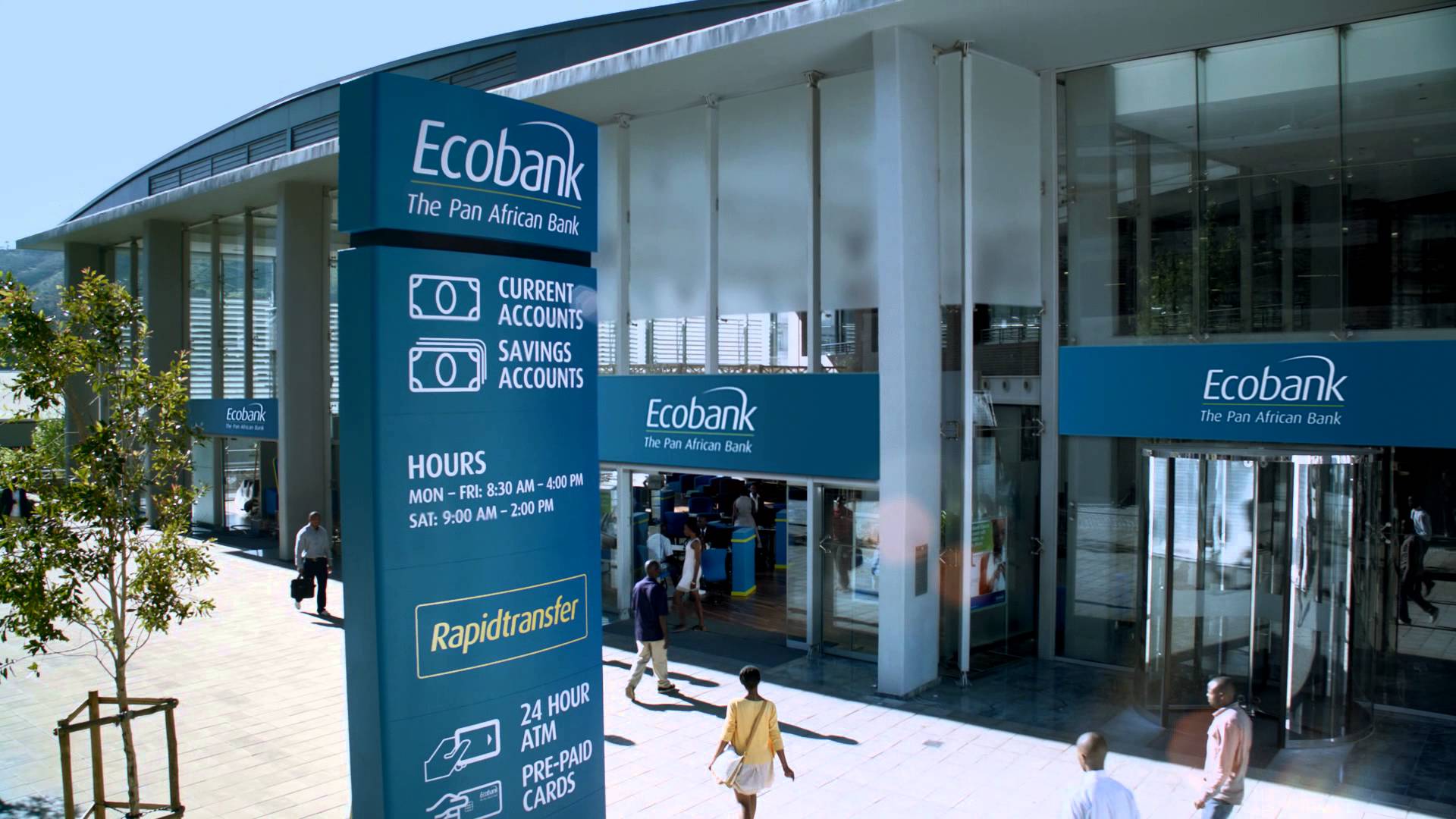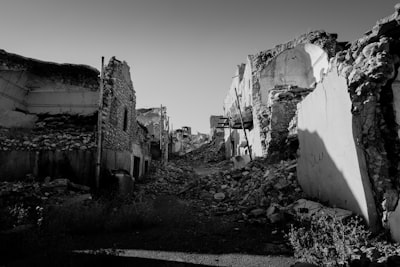DRC–Rwanda US‑Brokered Peace Deal: Prospects and Pitfalls
DRC–Rwanda US‑Brokered Peace Deal: Prospects and Pitfalls
Updated analysis of the June 27 2025 agreement signed in Washington, assessing the chances for peace and economic gains.
Background and Context
On June 27, 2025, the Democratic Republic of Congo (DRC) and Rwanda formally signed a peace agreement in Washington, D.C., mediated by the US and Qatar and attended by Secretary of State Marco Rubio and President Donald Trump :contentReference[oaicite:1]{index=1}.
The accord, commonly known as the “Washington Accord,” commits Rwanda to withdraw its troops from eastern DRC within 90 days, while the DRC will cease support for the FDLR militia and establish mechanisms to disarm, disengage, and integrate non‑state armed groups, including potential terms for M23 :contentReference[oaicite:2]{index=2}.
Key Provisions of the Agreement
- Withdrawal of Rwandan troops: to be completed within 90 days
- Joint security coordination mechanism: to be created within 30 days to oversee enforcement :contentReference[oaicite:3]{index=3}
- Disarmament and conditional integration: of FDLR and M23 combatants under monitoring :contentReference[oaicite:4]{index=4}
- Economic integration framework: a regional minerals‑based trade and investment plan involving US companies, to launch within 90 days :contentReference[oaicite:5]{index=5}
- Facilitation of refugee returns: return of displaced Congolese refugees under government authority and humanitarian access improvements :contentReference[oaicite:6]{index=6}
What’s New Compared to Past Deals
Unlike earlier accords mediated by the African Union or Angola (e.g. Pretoria Accord in 2002), this agreement embeds more explicit timelines, enforcement mechanisms, and Western leverage through sanctions and investment incentives :contentReference[oaicite:7]{index=7}. It also aligns with UN Security Council Resolution 2773 (February 2025), which demanded that Rwanda withdraw support for M23 and DRC cease FDLR backing :contentReference[oaicite:8]{index=8}.
Why Skeptics Doubt the Deal’s Durability
1. Key Actors Were Excluded
The M23 rebel group was not party to negotiations and has openly rejected the agreement as binding upon them :contentReference[oaicite:9]{index=9}. Other militias like the Wazalendo in North and South Kivu were also excluded, risking further fragmentation of local support :contentReference[oaicite:10]{index=10}.
2. Enforcement Mechanisms May Be Weak
Despite enforcement language, prior agreements collapsed due to lack of real international oversight, weak governance, and low capacity for verification on the ground :contentReference[oaicite:11]{index=11}. The joint security mechanism may struggle to enforce terms without access to rebel-held areas.
3. Justice and Accountability Are Overlooked
Civil society and victims’ groups warn that the agreement fails to address war crimes accountability or justice mechanisms. Stability without reconciliation risks entrenching grievances :contentReference[oaicite:12]{index=12}.
4. Security Risks for Investment
While the DRC offers vast mineral wealth (cobalt, coltan, lithium, tin, tungsten, gold), insecurity, corruption, and regulatory unpredictability may deter U.S. firms from meaningful entry unless reforms materialize :contentReference[oaicite:13]{index=13}.
Opportunities & Strategic Stakes
This agreement marks a significant pivot in US‑Africa diplomacy. By linking peace to access to Congo’s mineral reserves, Washington aims to counter China’s dominance and secure supply chains for strategic tech materials :contentReference[oaicite:14]{index=14}.
If the DRC can implement judicial and anti‑corruption reforms, it may attract long‑term investment, and communities displaced by violence may gradually return—assuming security stabilization is effective :contentReference[oaicite:15]{index=15}.
What Lies Ahead?
A separate process mediated by Qatar is underway to negotiate directly with M23 rebels, including formal ceasefire declarations signed on July 18, 2025 :contentReference[oaicite:16]{index=16}. A final peace accord is expected by mid‑August, complementing the Washington Accord.
Success hinges on several factors:
- Inclusion and buy-in from M23, Wazalendo, and other armed actors
- Strong enforcement via monitoring, sanctions, or international guarantees
- Domestic reforms within the DRC on transparency, justice, and rule of law
- Long-term commitment from the US and multilateral partners
Conclusion
The Washington‑brokered peace agreement represents a historic diplomatic breakthrough. However, without broad participation, real enforcement, and justice for victims, its sustainability remains uncertain. While the deal may deliver short‑term reductions in cross‑border hostilities and open doors for foreign investment, lasting peace in eastern DRC depends on whether political, social and security reforms take root.
Still, the convergence of U.S. strategic interest, regional diplomacy, and economic incentives may offer a fragile window of opportunity—if all parties follow through.
Internal & External Resources
- Related analysis: DRC internal security dynamics
- US‑Africa diplomacy under Trump’s second term
- UN Security Council Resolution 2773 (Feb 2025)
- Atlantic Council commentary on peace and minerals

Game‑Changing DRC–Rwanda US‑Brokered Peace Deal: Prospects & Pitfalls
Game‑Changing DRC–Rwanda US‑Brokered Peace Deal: Prospects & Pitfalls
Updated June 27 2025 – A groundbreaking accord signed in Washington aims to bring lasting peace and economic integration to the Great Lakes region. Here’s an expert breakdown of its strengths, weaknesses, and future outlook.
Game‑Changing DRC–Rwanda US‑Brokered Peace Deal: Prospects & Pitfalls
Game‑Changing DRC–Rwanda US‑Brokered Peace Deal: Prospects & Pitfalls
Updated June 27 2025 – A historic accord signed in Washington aims to end decades of conflict in Central Africa and open the way for economic integration. Here’s a detailed analysis.
📺 Signing Ceremony
::contentReference[oaicite:1]{index=1}
Agreement Basics
On June 27, 2025, the foreign ministers of Rwanda and the DRC signed a US-brokered peace agreement in Washington, hosted by Secretary of State Marco Rubio during the Trump administration, dubbed the “Washington Accord” :contentReference[oaicite:2]{index=2}. Core terms include:
- Withdrawal of Rwandan troops from eastern DRC within 90 days :contentReference[oaicite:3]{index=3}
- Creation of a joint security coordination mechanism within 30 days :contentReference[oaicite:4]{index=4}
- DRC ending support for FDLR militants :contentReference[oaicite:5]{index=5}
- Launch of a regional economic integration framework within 90 days to attract US investment :contentReference[oaicite:6]{index=6}
What’s New?
This agreement ties enforcement deadlines to economic incentives and US oversight—moving beyond previous accords like Pretoria 2002 by using clear timelines and linking mineral access to compliance :contentReference[oaicite:7]{index=7}.
Key Challenges Ahead
1. Exclusion of Rebel Groups
The key rebel faction, M23, wasn’t part of the Washington deal. Separate negotiations in Doha led to a *Declaration of Principles* on July 19, with a goal for a full peace agreement by **August 18** :contentReference[oaicite:8]{index=8}. However, M23 hasn’t formally committed to troop withdrawal, raising questions over implementation :contentReference[oaicite:9]{index=9}.
2. Weak Enforcement
Like earlier accords that collapsed, enforcement mechanisms remain vulnerable. The 30-day security mechanism may not reach rebel-held areas, and past failures suggest weak on-the-ground verification and little international presence :contentReference[oaicite:10]{index=10}.
3. Justice & Accountability
The agreement nearly ignores war crimes justice. Civil society warns that lasting peace requires accountability for atrocities, not only ceasefire declarations :contentReference[oaicite:11]{index=11}.
4. Investment & Security Risks
The DRC’s mineral wealth—from cobalt and lithium to gold—is enormous, but ongoing insecurity, corruption, and regulatory instability may deter investors unless reforms are concrete :contentReference[oaicite:12]{index=12}.
The M23 Doha Track
On **July 19, 2025**, in Doha, the DRC government and M23 signed a Declaration committing to a permanent ceasefire, prisoner exchanges, restoration of state authority, and launching formal talks by **August 8**, with a final agreement by **August 18** :contentReference[oaicite:13]{index=13}. Yet, specifics on rebel withdrawal and bank/baseline infrastructures remain unsettled, maintaining uncertainty :contentReference[oaicite:14]{index=14}.
Regional & Strategic Stakes
This deal marks a bold US diplomatic engagement in Africa, strategically challenging Chinese influence by linking security to mineral supply chains. Analysts highlight that reforms—in governance, rule of law, and transparency—are essential to benefit local communities and long-term stability :contentReference[oaicite:15]{index=15}.
What Could Determine Success?
- Comprehensive participation of M23, FDLR, and other rebel groups
- Effective international monitoring and credible enforcement
- Justice mechanisms for war-affected communities
- Corruption and regulatory reforms to unlock real investment
- Continued US and multilateral pressure and engagement
Conclusion
The Washington Accord is a significant diplomatic milestone, pushing heavy timelines and economic leverage—but the path to lasting peace hinges on rebel inclusion, accountability, and capable enforcement. Combined with Doha’s M23 process, this could form a fragile yet hopeful foundation—if implementation follows promises and deeper reforms take root.
Related Resources





